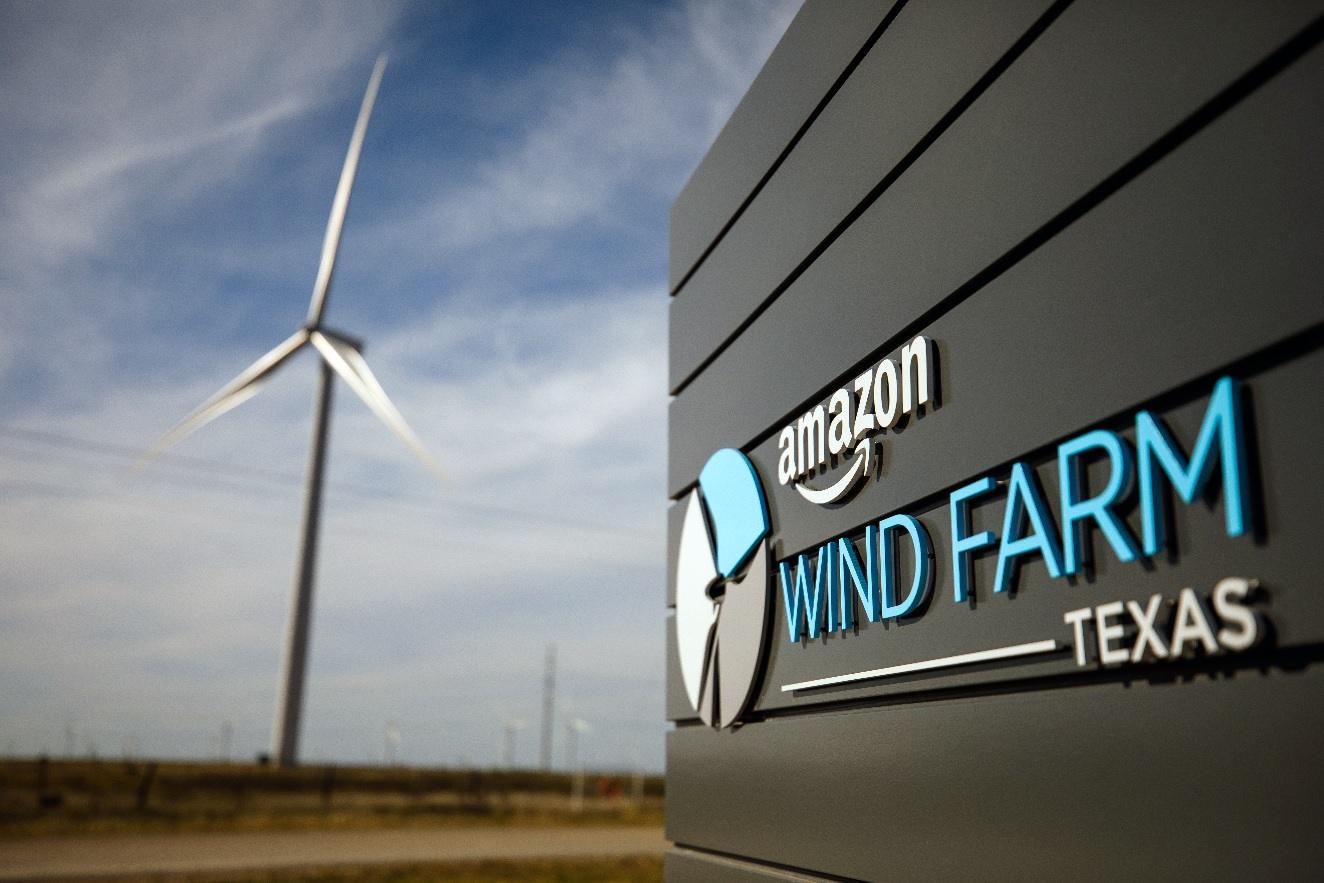CEOs Facing Growing Pressure on Sustainability from Boards, Investors: IBM Survey
A new global CEO survey from IBM indicates that sustainability issues are emerging as a major priority for business leaders worldwide, with pressure for progress being most acutely felt from board members and investors. The study found that top executives are increasingly taking responsibility for sustainability, yet most still appear to be only in the early stages of implementing enterprise-wide strategies, with significant barriers remaining to achieving their goals.
For the study, “Own your impact: Practical pathways to transformational sustainability,” the IBM Institute for Business Value (IBV), in cooperation with Oxford Economics, interviewed more than 3,000 CEOs from 28 industries and over 40 countries, and also conducted a series of deep-dive interviews with several CEOs.
The study found a sharp increase in the importance placed on ESG issues by CEOs, with sustainability cited more than any other issue as one of the greatest challenges facing their organizations over the next 2 – 3 years, up from less than a third in the 2021 survey, and ahead of other major issues including regulation, supply chain disruption and geopolitical uncertainty. As sustainability gains in importance, top executives appear to be more closely involved, with 70% of CEOs reporting that they are directly involved in their organization’s sustainability strategy.
CEOs are facing growing pressure to address sustainability challenges from multiple sources and stakeholders, according to IBM. Nearly three quarters (72%) of CEOs reported “great” or “very great” demand for greater transparency around sustainability, followed by demand from investors (57%) and regulators (49%), compared to 0nly 5% from employees, and 12% from customers.
In addition to responding to stakeholder pressure, many CEOs also expect their sustainability efforts to produce benefits for their businesses. 83% of survey respondents said that they expect sustainability investments to produce improved business results over the next five years, with 45% reporting that sustainability is anticipated to accelerate business growth.
While CEOs appear to be embracing sustainability as a priority, initiatives to take action remain at early stages in many organizations. Nearly three quarters of CEOs surveyed reported that their organizations are still piloting or are implementing only parts of their strategy, and only 23% said that they are implementing a sustainability strategy across their entire organization. Slightly less than two thirds of CEOs expressed confidence that they will achieve their overall sustainability targets.
Despite widespread confidence in benefiting from sustainability investments, unclear ROI ranked as the top challenge to achieving sustainability objectives, cited by 57% of respondents, with other top barriers including a lack of insight from data (44%), regulatory barriers (43%), and technological barriers (35%).
According to IBM, the survey results revealed 4 distinct groups of CEOs based on the characterization of their sustainability approaches. These groups included Transformational CEOs, who view sustainability as a unique business opportunity and are investing to reshape major aspects of their enterprises; Operational CEOs, viewing sustainability as an opportunity for business optimization, and focus investments on operational improvements and efficiencies; Complying CEOs, anticipating few benefits from their sustainability efforts, but make investments to comply with regulatory requirements, and; Assessing CEOs, who have not yet made any investments in sustainability.
John Granger, Senior Vice President, IBM Consulting, said:
“CEOs are leading during one of the most complex environments ever, including war, inflation, talent shortages, and the COVID-19 pandemic health crisis. Despite these challenges, they aren’t taking their foot off the gas when it comes to sustainability, and more now rank it among their top priorities. Yet, many don’t fully appreciate the extent to which data and technology can bridge the gap from strategy to impact.”
Click here to access the IBM study.





